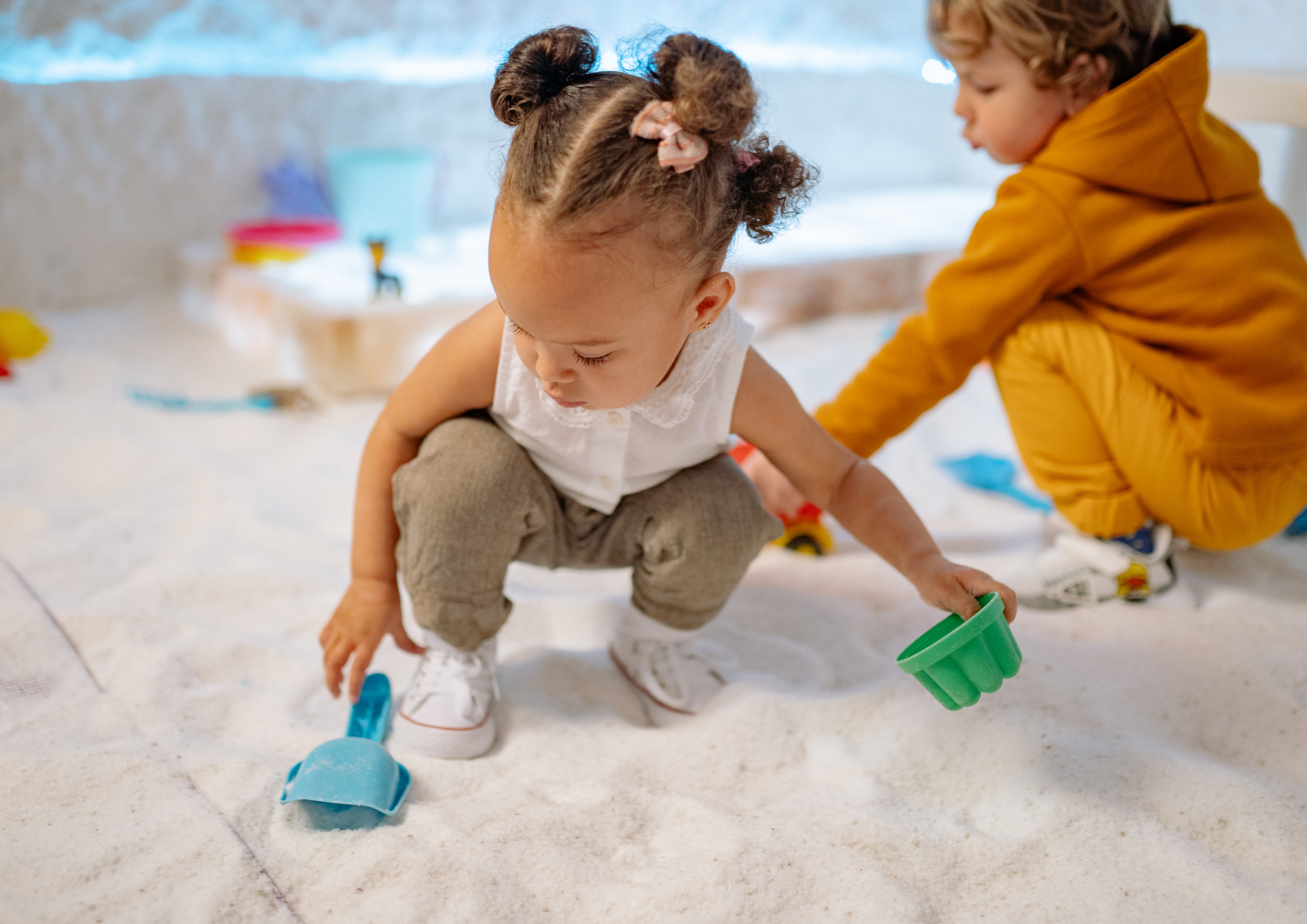
Unraveling the Power of Play: A Catalyst for Child’s Brain Development
At Play Sense, we have a play-based learning program to suit every family. Enrol your little one and give them the best start to learning. Get in touch to find out more.
In her groundbreaking book, “The Brain that Loves to Play,” Dr. Jacqueline Harding, an esteemed early childhood expert, challenges conventional notions about the separation of play and learning. She asserts that play is an inherent part of a young child’s cognitive development and lays the foundation for lifelong learning. Drawing on the latest research in neuroscience and child development, Dr. Harding delves into the transformative impact of immersive play on a child’s brain, emphasizing that it’s not only enjoyable but also essential for building vital neural pathways.
Dr. Harding underscores how a child’s brain lights up with joy during play, with neurons forging connections at an astonishing rate. This, she argues, is unequivocally a form of learning. These play-driven neural pathways, established before the age of six, leave an indelible mark on a child’s future learning potential. Disregarding a child’s innate inclination for play could deprive them of crucial learning experiences.
The book challenges the historic perception of play as mere recreation, advocating instead for a holistic approach that recognizes play as an integral facet of a child’s overall development. Dr. Harding contends that the body and brain of a young child are designed for play, and deviating from this natural design comes at a cost.
In the wake of the COVID-19 pandemic, Dr. Harding emphasizes the importance of prioritizing play and early intervention to support children who have weathered these unprecedented times. She believes that rewriting the narrative through early years support is the first step in addressing the long-term impact on children’s mental health.
“The Brain that Loves to Play” is not just a compendium of scientific findings; it’s a practical guide for adults seeking a deeper understanding of the value of play in young children’s development. Dr. Harding demystifies complex terminology, presents real-life case studies, and includes fly-on-the-wall films of children at play, offering a resource that empowers individuals to seamlessly integrate play and learning into their interactions with children.
Dr. Jacqueline Harding’s “The Brain that Loves to Play” presents an accessible overview of the profound influence of play on children’s brain growth and development. This timely and thought-provoking book provides a wealth of knowledge and practical insights that will benefit practitioners, researchers, educators, parents, and anyone invested in the well-being of children.
Source: Harding, J. (2023). The Brain that Loves to Play: A Visual Guide to Child Development, Play, and Brain Growth (1st ed.). Routledge. DOI: 10.4324/9781003309758, Link to the book.